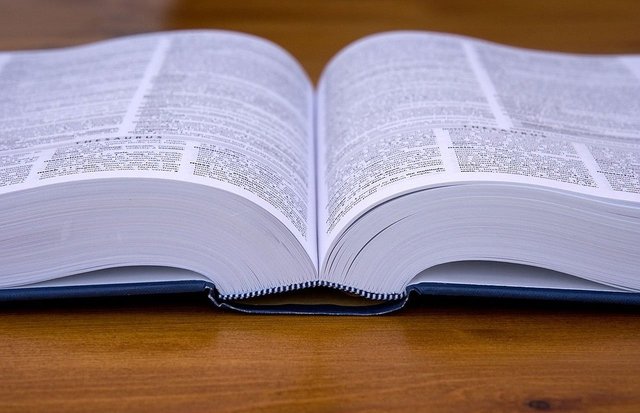Liberalism

Definitions, like moral convictions, can only be determined with the available expressions and mental insights that exist at the moment. The Exoneratist accepts that these locutions and insights are ever changing.
In the definition of liberalism below the Exoneratist disputes two doctrines of liberalism.
Liberalism
Liberalism in our US Republic is a political doctrine that utilizes a strong government to define and pursue what that government believes to be the best economic and political strategies for the electorate. These strategies include: health, education, environmental protections, agriculture, oil and gas management etc. – i.e.: almost every sector of our lives.
Reaction by Exoneratism:
Suspicion and revocation of this empowered government activism distinguishes conservatism from liberalism.
If the government is to act as a decision maker in all aspects of its citizens’ lives, it is demoralizing. The individual has confidence in his choices of strategies and plans for his future. These plans should be supported by government in the matters of economic, legal, and educational rights. The individual will support his government, but he expects the same.
Government infringement on individual rights is equal to one person’s infringement on another’s rights.
Liberalism desires greater equality of wealth and income for the electorate, and has not been appreciative of the fact that hard work and efficiency can lead to greater wealth and income. “To achieve what they (liberals) took to be a more just distribution of wealth and income, . . . they promoted the organization of workers into trade unions in order to improve their power to bargain with employers. Such a redistribution of power had political as well as economic consequences, making possible a multiparty system in which at least one party was responsive to the interests of wage earners.”(1)
Reaction by Exoneratism:
Unionization has now mushroomed into the following consequences for employers, state, local and federal governments, school districts, and so many more:
Politically, liberals are gratified to receive more votes from union members, but also more and more union members have complained that union leaders have assaulted their right to vote their conscience.
Unions have also been one of the most obvious reasons for US State bankruptcies and/or US State faltering economies.
In US school districts, incapable tenured teachers remain in classes because of support by their unions.
Inequality and Distribution of Income and Wealth has become the cry of too many of the masses and has a very detrimental effect on the children of our Republic. What every individual should expect from our government and/or the wealthy in society is not welfare. Welfare is a temporary aid from our government to the unfortunate and downtrodden individuals. And the wealthy – and even not so wealthy – in our society have proven their desire over and over to aid anyone in need for any reason. When the unfortunate and downtrodden individuals regain their stature and situation as useful, happy citizens, they no longer need or receive welfare. If this does not sound feasible, we must re-educate and resume realism in our Republic.
I can vouch for the idea that incapable tenured teachers work through the school system. protected careers like that are gonna draw the least and dimmest, too.
So, would you say an exoneratist is a political conservative more than anything? Clearly not a liberal, and in your later article it looks like not a libertarian, either.